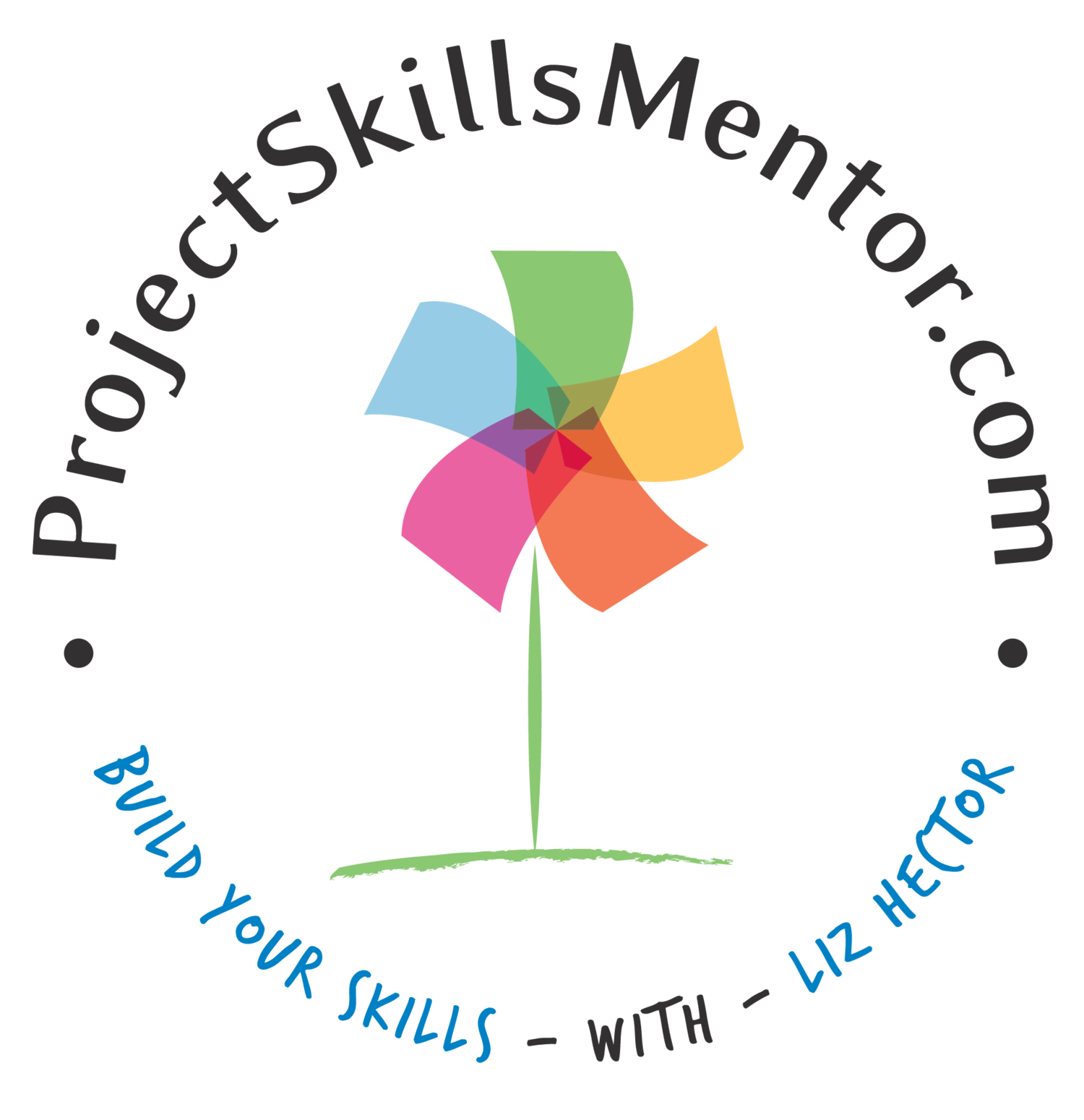How to build your Personal Authority
When talking to managers about which capability is most important for leadership, Authority tops the list. It is also one of the most difficult personal behaviors to master. This is because Authority demands multiple soft and hard skills. What are the core aspects of Authority, and how can you learn to be an authentic leader?
What is authentic Authority
Self Knowledge
Self Respect
Presence
Confidence
Credibility
Influence
Kindness
Authority is the cornerstone of being a leader. Without Authority, your team can't trust or respect your ability to lead them. What are the critical aspects of Authority, and how can you learn to build the skills you need to be a more effective leader?
Let's break down 7 key capabilities that contribute to personal and authentic Authority.
1. Self Knowledge
Understanding your strengths and weaknesses, what you know and don't know, is the starting point for Authority.
"Knowing yourself is the beginning of all wisdom."
-Aristotle
Leaders who show Authority take time to have their facts straight. To be a leader, you need to do the work. There is no easy way to understand the work required and ensure it is done correctly. So know what you can grasp, take time to speak with the experts, and build a team whose input you trust.
Invest in yourself. Continuous learning is important to ensure you have the training needed to make good decisions and do your work well.
Self-knowledge also requires introspection. Working with a mentor can help you know yourself better and work on areas not supporting your goals. You can role-playing can build your Leadership skills. Doing so can help you to gain confidence in yourself and awareness of where you want to build new skills. This video can give you more information on the power of Mentorship.
2. Self Respect
Pride and dignity in yourself may seem like a negative. But self-love results from knowing yourself and being happy with who you are. If you don't respect yourself, it is doubtful that others will. And self-respect helps you to respect others.
If you lack self-respect, ask yourself why. Is it -
What are you doing (your choices and actions)?
What do you know (your education and abilities)?
How do you treat yourself (negative self-talk)?
Who do you interact with (are you being bullied by someone)?
There may be other questions to address, but either way, evaluate the situation and address issues one step at a time. Learn to take care of yourself. You only 'own' one thing in life. From the tip of your head to your toes. You can control only yourself, how you respond to the world around you and how you realize your own hopes and dreams.
So take ownership of yourself. Create positive spaces where you can practice self-respect. Learn to walk away or put boundaries on situations or people that don't show respect to you.
Some tips for managing day-to-day self-respect:
Some tips for managing your self-respect: Do
-Give yourself time to think and learn to trust in your ideas.
-Listen when others disagree, and show that you understand discussions about ideas and work are not personal. Allow yourself and others to question your decisions without questioning your worth.
-Let yourself be emotional, but in the right way and time. When others are triggering a reaction, stay focused on the facts, not the feelings. Address how you feel when the time is right for you.
-Control the conversation. When you lead the conversation or facilitate others, stay engaged and stand when others are talking.
- Take time to understand what you are doing - flying by the seat of your pants can undermine your integrity.
Some tips for managing your self-respect: Don’t
-Let others force you to react. Control your own behavior is a way to control the situation.
-Be a door mat. If the situation, manner, or tone of any room, conversation, or interaction is not okay, call it out and end the discussion.
-Play the blame game, focus on the situation and the results
-Let anyone take your power, and don't give up Authority to those who try to undermine you.
- Use words that reduce your impact and power, such as I'm sorry".
"Respect yourself, and others will respect you."
-Confucious
3. Presence
When a true leader with personal Authority walks into the room, everyone can see it. Think about a time you have seen a CEO or business founder walk onto a stage or speak at a meeting.
Their demeanor: how they stand, talk, and bearing contribute to the sense of presence they have in the room. This is a complex combination of attributes creates charisma. The ability to make an impression people won’t soon forget.
Presence is the most visible aspect of Authority and includes attributes that some may not be aware of or find difficult to master. For this reason, I have broken down the key points of presence.
Your Body language
Enter with ownership - Take your time, don't let others rush you. Be mindful of others and acknowledge them as you enter.
Take up the right amount of space - Don't try to look small. Own the stage. Shoulders back and relaxed, chin up, look forward and smile.
Make eye contact - Direct your words and turn your shoulders to face the person you are speaking with. If you mention someone in the audience or at the table, look at them as you do so.
Make yourself comfortable - Stand or sit in a way easy for others to watch. Don't pace unless it is part of your presentation. Correct any behaviors such as tics (repeated facial expressions or hand movements such as touching hair.)
Your Voice
Steady - Speak clearly and with confidence. Your voice should not waver, don't 'gulp or 'swallow" words.
Volume - Speak loud enough for everyone to hear you at the start, middle, and end of sentences.
Tone - Moderate the rise and fall of your voice. Use downward endings to land statements and make them believable. Only use upward endings in sentences that denote a question.
Pitch - If possible, make sure you are using a low register. High-pitched voices can be grating or sound unconfident.
Pace - Watch the speed you are speaking. Aim for a moderate pace, not too fast and not too slow, normal for you. Extremely fast and slow pace should be avoided unless making a specific point or sharing excitement.
Modulation - Give energy to your statements. A Monotone makes people lose interest. If you are not engaged, they will not be engaged.
Use of non-words - Avoid using filler words such as "uuum", and "you know". These words make you look 'lightweight' and not in control of your thoughts.
4. Confidence
Confidence is a state of being clear-headed and able to choose the right course. Putting the needs of the team you are leading ahead of your own needs is part of this. Confidence does not mean that you have all of the answers, but it does require every leader to be able to assess the situation, ask for options and feedback, and make the best choice in any situation.
Sometimes the biggest confidence challenge is making a decision you are uncertain of or when action is required with limited information. In these cases, a confident leader will ensure the smartest people in the room can openly and clearly give their best advice. A good leader will take their advice and, when needed, be ready to modify decisions that don't work. Blindly continuing a bad course is not a sign of confidence.
So many of us have to overcome self-doubt and the imposter syndrome (that feeling that you are not good enough, and others will soon see that you are not the person they think you are). Overcoming these feelings so that you can build proper, self-aware confidence is key for every leader. Check out this video to see the 3 ways to manage self-doubt.
"Experience tells you what to do. Confidence allows you to do it."
-Stan Smith
5. Credibility
Trust and confidence in what you say and what you do are crucial to your ability to lead others. Integrity is how you act. Be mindful of how to treat others. Be aware of your impact and what others are learning from you.
Credibility is earned by having the integrity to do the right things in the right ways—it is the sum of how you treat facts, people, and your responsibilities.
The thing about credibility is that it takes years to build and minutes to destroy. Safeguard your credibility by:
Ensuring you say what you mean and mean what you say.
Never let someone bully you into a bad decision.
Always take responsibility for the decisions you have made.
"Build your credibility so you won't have to say the same thing twice before someone believes it."
- Geeta Sharma
6. Influence
Influence is the capacity to affect something or someone else. It can also be the ability to shape policy, decisions, behaviors, or opinions. This is done through clear and rational data gathering and coming to reasonable conclusions. Leaders can influence others when they have done their homework, have the right information, and can share the impact of the goal or outcome they are suggesting.
Storytelling is a great way to share an idea or a message. The best leaders have mastered this skill. Share your passion for the project, outcome or team impact with a story and make it real for your team.
If you'd like more information on how to create a story for business, see this video.
“The key to successful leadership today is influence, not Authority."
- Ken Blanchard
7. Kindness
Leaders cannot forget that kindness and empathy are critical to Authority. No one wants to work for a tyrant. True Authority means being able to control your emotions when others cannot. See the big picture and focus on what is most important. And leadership by example on how to treat others, no matter who they are and what the circumstances are.
Remember when you have Authority, use it wisely. Authority is more about responsibility towards others than power. Be generous to others, let your team take chances, let others shine by giving presentations or sharing their knowledge. Mentor or coach those who are looking to grow their skills.
"Politeness is the first thing people lose once they get the power."
― Amit Kalantri, Wealth of Words
Be kind on the good days and the bad ones. Controlling your emotions is part of being a manager. And being kind to everyone is the mark of a true leader.






